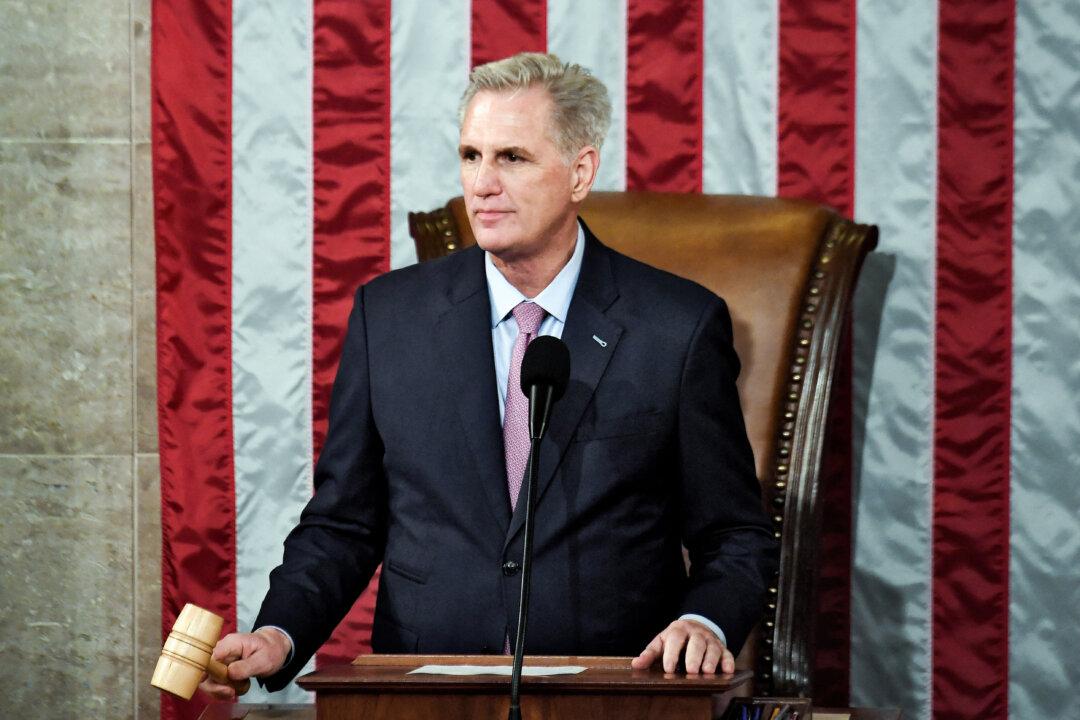The U.S. House of Representatives on March 24 passed H.R. 5, the Parents Bill of Rights Act.
The bill passed the lower chamber in a 213–208 party-line vote.

The U.S. House of Representatives on March 24 passed H.R. 5, the Parents Bill of Rights Act.
The bill passed the lower chamber in a 213–208 party-line vote.